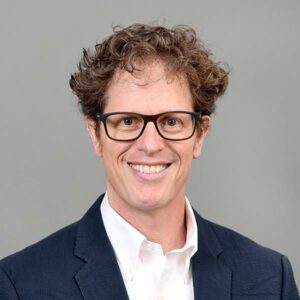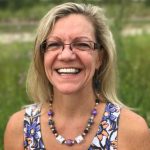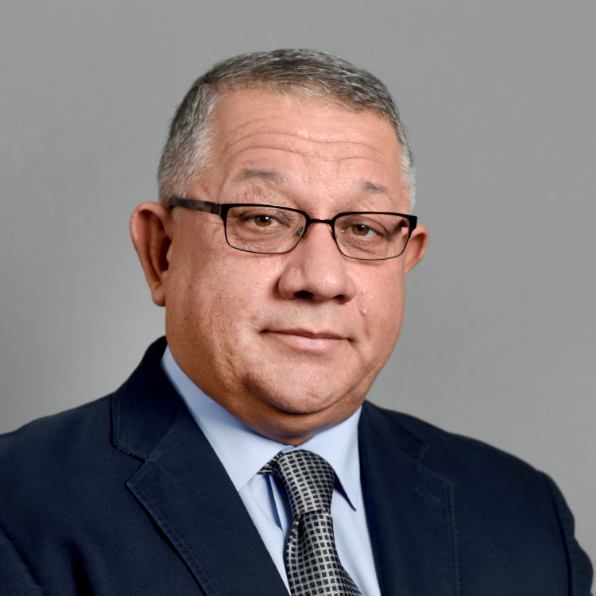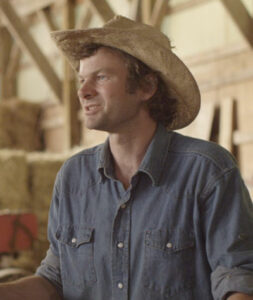Farming Methods That Thrive in a Decarbonized World from Security & Sustainability Forum on Vimeo.
Wednesday, October 30, 2019 – 1:15 to 2:45 PM EDT

Technology is transforming nearly every aspect of our modern lives, and farming is no exception. The produce on your table tonight will have gotten there faster, fresher and more cost-effectively thanks to leading-edge technology in agriculture. However, farmers and farming face great threats including the production uncertainty of a changing climate and ecosystem impacts on the health of soils. Agriculture research and the application of technology will become increasingly computerized in the decades ahead. Moisture sensors, drones, smart irrigation, terrain contour mapping, self-driving and GPS enabled tractors, advances in ecosystem services, and better soil management can help farmers produce food more sustainably. Watch LightWorks at ASU and SSF as we explore the latest research and advancements in agriculture methods. The panel considers the benefits of rotational grazing and other soil management strategies to help farmers become more sustainable and resilient to changes in weather and ecosystem conditions. These advances are protecting jobs, creating new business opportunities, and improving the health of the planet.
MEET THE PANELISTS

Peter Byck is a professor of practice at Arizona State University, in both the School of Sustainability and the Cronkite School of Journalism. He is the director, producer and writer of Carbon Nation. Byck is currently in production for Carbon Nation 2.0 – an on-going series of short films produced in collaboration with ASU. He is also working with scientists and ranchers on soil health & soil carbon storage research via regenerative grazing – the focus of the film Soil Carbon Cowboys, and many more short films: www.soilcarboncowboys.com.

Debbie Reed has been selected to guide the new ESM Consortium as its Executive Director. Debbie has been working on this project and its activities since its inception. She has focused on GHG mitigation and ecosystem services from the agricultural sector since 1997, having worked at the White House Council on Environmental Quality as the Director of Legislative Affairs and Agricultural Policy; and in the U.S. Senate as a Senior Staff on natural resource and agricultural issues for U.S. Senator Robert Kerrey of Nebraska.
J. Rene Villalobos is an associate professor in the School of Computing, Informatics, and Decision Systems Engineering at Arizona State University. His research interests are in the areas of logistics, automated quality systems, manufacturing systems and applied operations research. Sponsors of Villalobos’ research include the National Science Foundation, Texas Advanced Technology Program, the Arizona Dept. of Transportation, U.S. Army and private industry.


Dorn Cox is a founding member of the Farm Hack community, the executive director for GreenStart, and a farmer working a 250-acre multigenerational family farm with his wife, Sarah, and two boys. His participatory research focuses on collaborative open source research and development for regenerative agricultural systems.
He is a co-founder of the FarmOS software platform and has developed and shared systems for small-scale grain and oilseeds processing, biofuel production, and no-till and low-till equipment and cover crop systems to increase carbon capture and soil health.
